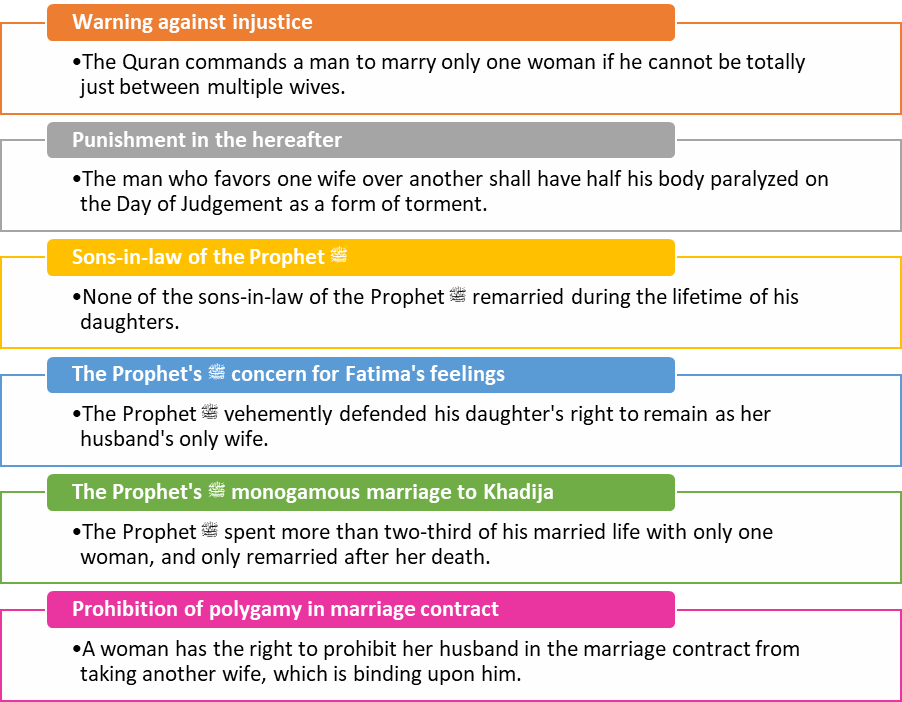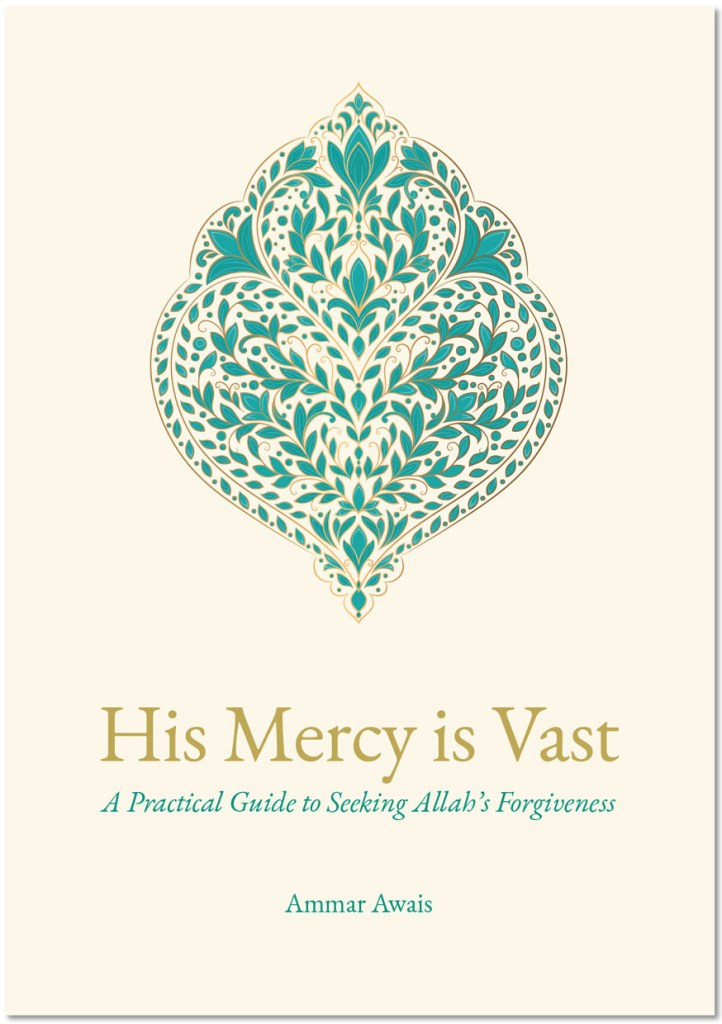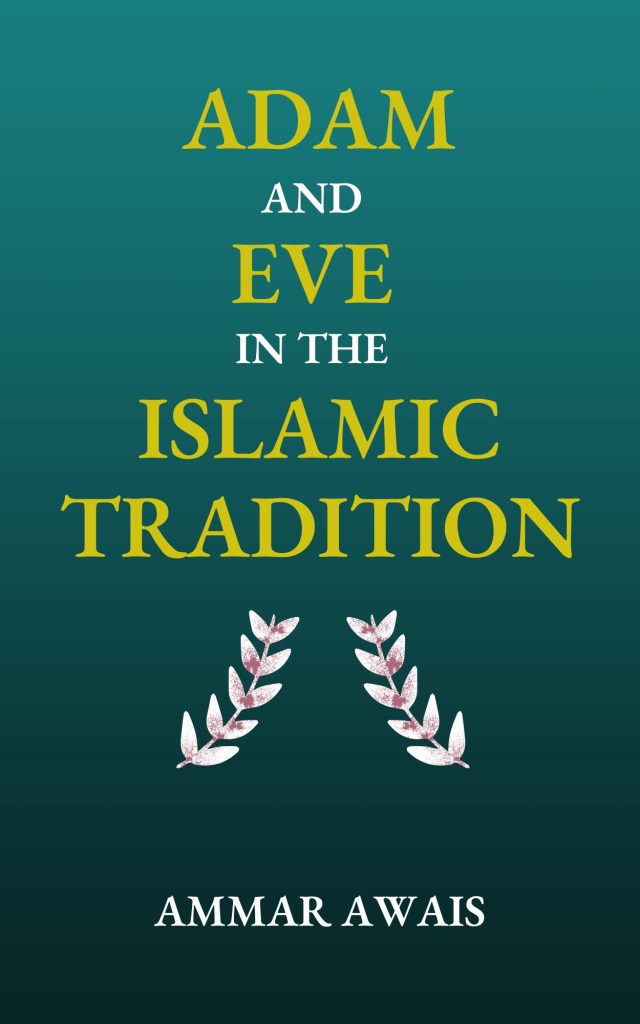Polygamy refers to the practice of having more than one spouse simultaneously. It exists either in the form of polygyny (having multiple wives) or as polyandry (having multiple husbands). While polyandry has been extremely rare throughout history, polygyny was a norm around the world for many centuries and continues to exist on a very small scale even today.
Although Islam prohibits polyandry altogether, polygyny is commonly associated with it. In an effort to malign the religion, some elements try to propagate that Islam mandates multiple wives for men, which is a blatant lie. Others erroneously claim that Muslim men have been encouraged to marry multiple women – which is also based on a superficial interpretation of Islam. In some societies, it is considered acceptable for men to make petty jokes about taking a second wife, which is against the spirit of Islam.
While Islam does permit men to marry up to four women, subject to certain conditions such as ensuring complete equality between the wives, it does not encourage them to do so. In fact, a study of the primary texts of Islam – the Quran and authentic Hadith – reveals that Islam actually discourages men to marry more than one woman simultaneously. Let us analyze how.
1. Warning Against Injustice
The following Quranic verse, which permits men to marry up to four women, was revealed after the Battle of Uhud in which many Muslim men were martyred, leaving behind a large number of widows and orphans to be taken care of:
“And if you fear that you will not deal justly with the orphan girls, then marry those that please you of [other] women, two or three or four. But if you fear that you will not be just, then [marry only] one…” (Al-Nisa 4:3)
This verse makes it clear that even in the direst of circumstances, a man should marry only one woman if he feels that he may not be able to ensure complete justice between multiple wives. This is an important qualification because justice occupies a central place in Islam. It is obvious from this verse that polygyny can cause a man to become unjust, which has terrible consequences for him. Prophet Muhammad ﷺ said:
“Beware of injustice. Injustice will appear as darkness on the Day of Resurrection.” (Al-Adab Al-Mufrad 488 – Sahih)
He further declared:
“There is no sin more deserving that Allah hasten the punishment [for it] in this world – in addition to what is stored up for him in the hereafter – than injustice and severing the ties of kinship.” (Ibn Majah 4,211 – Sahih)
2. Punishment for Unequal Treatment of Wives
The Prophet ﷺ has issued an extremely severe warning against a man who has more than one wife, and does not ensure complete equality between them. He said:
“When a man has two wives and he is inclined to one of them, he will come on the Day of Resurrection with a side hanging down.” (Abu Dawud 2,133 – Sahih)
As the above hadith informs us, the man who treats his wives unequally will have half his body paralyzed and hanging low from one side as a form of torment on the Day of Judgement. It is obviously difficult to not become somewhat “inclined” towards one of the wives in a polygamous arrangement.
For instance, spending the same amount of time with each of the wives, giving them identical gifts, taking them to the same places, and granting them the same attention is likely to be beyond the capability of the vast majority of men. It is, therefore, best to avoid indulging in polygamy in order to be safe from the torment described in the above hadith.
3. Example of the Prophet’s ﷺ Sons-in-Law
The Prophet ﷺ had three sons-in-law: Abu Al-As, Uthman, and Ali. Like many of the other Sahaba, none of them married another woman while still being married to his first wife.
The Prophet’s ﷺ eldest daughter, Zaynab, was married to Abu Al-As, who became a wealthy trader in Makkah but did not embrace Islam for a long time. He did not remarry during the lifetime of Zaynab despite living apart from her for several years after she migrated to Madinah following the Battle of Badr. He was also pressured by his uncles and other influential men of Quraysh to marry other women considering his growing prosperity, but he refused to do so. He later migrated to Madinah as a Muslim, and was reunited with Zaynab.
The Prophet’s ﷺ second daughter, Ruqayya, was married to Uthman Ibn Affan, who did not remarry during her lifetime despite being a rich and successful merchant from one of the most influential clans of Quraysh. Following her death, the Prophet ﷺ desired that his third daughter, Umm Kulthum, be married to Uthman, and they both agreed. Again, Uthman did not marry another woman during the lifetime of Umm Kulthum.
Also read: 10 Anti-Female Practices Outlawed by Islam
The Prophet’s ﷺ youngest daughter, Fatima, was married to Ali. Although Ali did consider marrying another woman, in keeping with the cultural norms of the time, the Prophet ﷺ did not allow him, as discussed below in detail. In fact, the Prophet ﷺ, at that moment, praised another son-in-law of his (Abu Al-As or Uthman), saying, “Whatever he said was the truth, and he promised me and fulfilled his promise.” (Bukhari 3,110) If polygyny were indeed a noble practice, the Prophet ﷺ would have endorsed it by encouraging his own sons-in-law to remarry.
4. Concern for the Wife’s Feelings
When Ali considered a second marriage during the lifetime of Fatima, the Prophet ﷺ not only refused to allow him to remarry, but publicly spoke against such an arrangement. He firmly announced from the pulpit of his mosque:
“Banu Hisham Ibn Al-Mughira have requested me to allow them to marry their daughter to Ali Ibn Abi Talib, but I do not give permission, and will not give permission, unless Ali Ibn Abi Talib divorces my daughter in order to marry their daughter, because Fatima is a part of myself, and I hate what she hates to see, and what hurts her, hurts me.” (Bukhari 5,230)
Hence, the Prophet ﷺ made it clear that if his son-in-law wanted to marry another woman, he had to divorce his daughter first. It is sometimes argued that the Prophet ﷺ spoke against the proposed marriage only because Ali wanted to marry the daughter of Abu Jahl – who had been one of the fiercest enemies of Islam. However, it is clear from the Prophet’s ﷺ above speech that his opposition to the marriage was chiefly driven by concern for his daughter’s feelings and his love for her. The Prophet ﷺ further clarified this during the same sermon:
“Fatima is from me, and I am afraid she will be subjected to trials in her religion (due to envy).” (Bukhari 3,110)
“Fatima is a part of me, and he who makes her angry, makes me angry.” (Bukhari 3,714)
“Fatima Bint Muhammad is a part of me, and I hate to see her faced with troubles.” (Ibn Majah 1,999 – Sahih)
Following this sermon, Ali abandoned the idea of remarrying. This shows the undesirability of marrying other women based purely on the pain and distress it causes the first wife. It is inconceivable that the Prophet ﷺ would prefer one thing for his own daughters and another for the daughters of his ummah. Therefore, even considering the prospects of a second marriage could not have been more strongly discouraged by the Prophet ﷺ.
5. The Prophet’s ﷺ own Example
The Prophet’s ﷺ married life spanned a period of about 37 years – from the age of 25 until his death when he was 62. He spent more than two-third of this period being married to a single woman – Khadija, his first wife, who was reportedly 15 years older than him. It was only after Khadija’s death that he married other women, all of whom except Aisha were either widowed or divorced (some were both).
His marriages were often motivated by his unique status as a messenger of God, responsible for the well-being of his ummah – and also sometimes by his position as a political leader in the tribal Arab society of the time. On more than one occasion, he married to provide protection to a convert, vulnerable to torture or forceful reversion at the hands of her hostile family or tribe. He also married to form closer alliances with certain tribes or clans, thus strengthening the position of Islam.
Also read: How the Hijab Brought a Young Michigan Woman to Islam
At other times, there was profound wisdom behind his marriages. For instance, he decided to marry Juwayriya at a time when members of her tribe were held captives following their defeat to the Muslims in battle. His marriage to Juwayriya thus secured freedom for hundreds of individuals since the Muslims did not wish to imprison anyone related to the Prophet ﷺ by marriage.
6. Prohibition in the Marriage Contract
In Islam, both the man and woman have the right to stipulate lawful conditions in a marriage contract. One of the conditions that a woman can set forth is that her husband shall not remarry while he is married to her. This prevents the husband from engaging in polygyny: if he wants to marry another woman, he is obligated to divorce his first wife. Such a condition is legally and religiously binding upon the husband, the violation of which not only makes him blatantly sinful, but also entitles the wife to annul the marriage.
While complying with the terms of any contract is considered important in Islam, it places the greatest emphasis on fulfilling the conditions included in a marriage contract. The Prophet ﷺ declared:
“The condition which most deserves to be fulfilled is that by means of which intimacy becomes permissible for you.” (Muslim 1,418)
Therefore, by allowing the restriction on polygamy to be part of the marriage contract, whose fulfillment is strictly binding, Islam lends support to the monogamous marriage structure.
7. The Role of Urf
The Arabic word urf refers to a local custom or tradition. In Shariah, urf can play a role in determining the desirability of certain practices that do not involve an explicit compulsion or prohibition. For instance, polygyny had been the urf in Arabia and other parts of the world long before the advent of Islam. The polygynous culture was driven, in part, due to necessity since many more men than women died early because of reasons such as war and long-distance travel.
Today, polygyny is no longer the urf in most societies. Widowed and divorced women may not need to rely on other men for survival due to changing social orders and welfare systems. Long-distance travel is far less risky than it used to be. Wars are cowardly fought today involving airstrikes and drone attacks that indiscriminately target men and women. Due to such reasons, polygyny is very rare in most Muslim countries today. According to Pew Research Center:
“Fewer than 1% of Muslim men live with more than one spouse in Afghanistan, Pakistan, Bangladesh, Iran and Egypt – all countries where the practice is legal at least for Muslims.”
These countries are home to hundreds of millions of Muslims, with diverse cultures and languages. The fact that polygyny is not even close to being a norm in such societies points to the undesirability of encouraging it in the context of the Shariah.
To conclude, it would have been against the social order prevalent throughout much of human history to discard polygyny altogether at the time of the revelation of the Quran. Therefore, Islam did not outlaw polygyny, but sought to regulate and discourage it, providing the flexibility for Muslims to adapt to new social structures, while staying within the bounds of Shariah, with the passage of time.
Summary of Article:

Explore books by Ammar Awais







